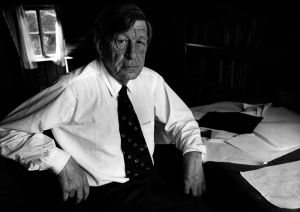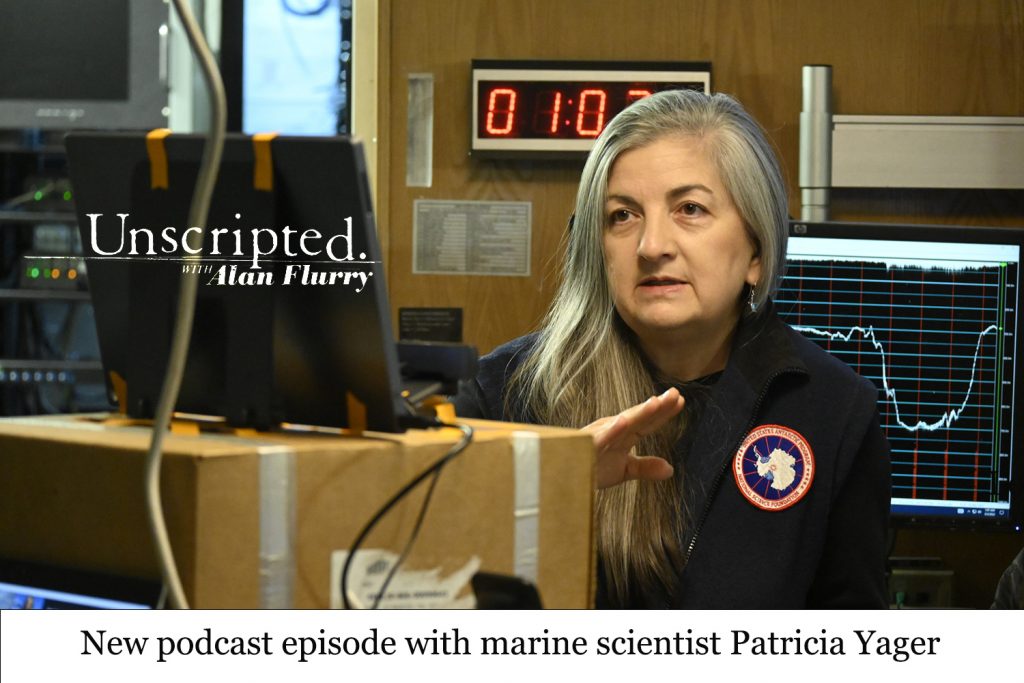 No need to resist this. From an interview with W.H. Auden, published in the Paris Review in the Spring of 1974:
No need to resist this. From an interview with W.H. Auden, published in the Paris Review in the Spring of 1974:
INTERVIEWER
Did you have good teachers?
AUDEN
Except in mathematics, I had the good luck to have excellent teachers, especially in science. When I went up for my viva, Julian Huxley showed me a bone and asked me to tell him what it was. “The pelvis of a bird,” I said, which happened to be the right answer. He said: “Some people have said it was the skull of an extinct reptile.”
INTERVIEWER
Have you ever taught writing?
AUDEN
No, I never have. If I had to “teach poetry,” which, thank God, I don’t, I would concentrate on prosody, rhetoric, philology, and learning poems by heart. I may be quite wrong, but I don’t see what can be learned except purely technical things—what a sonnet is, something about prosody. If you did have a poetic academy, the subjects should be quite different—natural history, history, theology, all kinds of other things. When I’ve been at colleges, I’ve always insisted on giving ordinary academic courses—on the eighteenth century, or Romanticism. True, it’s wonderful what the colleges have done as patrons of the artists. But the artists should agree not to have anything to do with contemporary literature. If they take academic positions, they should do academic work, and the further they get away from the kind of thing that directly affects what they’re writing, the better. They should teach the eighteenth century or something that won’t interfere with their work and yet earn them a living. To teach creative writing—I think that’s dangerous. The only possibility I can conceive of is an apprentice system like those they had in the Renaissance—where a poet who was very busy got students to finish his poems for him. Then you’d really be teaching, and you’d be responsible, of course, since the results would go out under the poet’s name.
Emphasis mine. Anyone who might ask will know this is something I consider quite bothersome. In my recent interview with the great Latina novelist Judith Ortiz Cofer, I had to, because I had the chance, ask her about teaching this subject. And her answer was confident. But I think she knew what i was getting at and I didn’t ask her to agree. Even aside from the John Gardner’s take on writers using academia for a living, how it keeps them at an analytical level that doesn’t serve their own work, I consider the overwhelming overlap of MFAing, publishing, agenting, editing and writing to be a net negative. AT any rate, Auden is wonderful. Spend a month with The Dyer’s Hand. You’ll be better for it.


 No need to resist this. From an interview with W.H. Auden, published in
No need to resist this. From an interview with W.H. Auden, published in